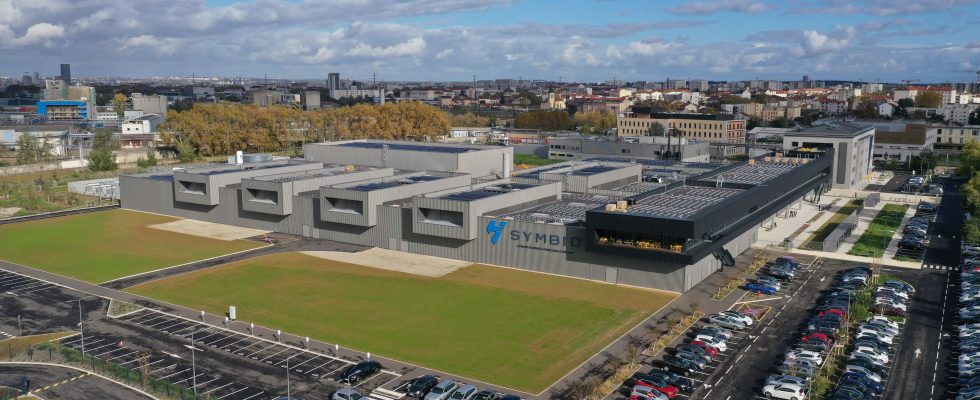To the forerunner the honors. In a few weeks, Toyota will field 600 Mirai in the colors of the Olympic Games powered by hydrogen. “The fuel cell is part of solutions aimed at reducing the carbon footprint. We are exploring it as far as possible with the second generation of our model,” recalls Frank Marotte, president of Toyota France. The manufacturer bet on this technology in 2015 and launched itself, the first, into the mass marketing of a sedan.
In 2020, the Mirai (“future”, in Japanese) gained 20% in power and 30% in autonomy. Enough to travel 650 kilometers on a full tank. “This type of engine is particularly suitable for intensive uses, such as taxis which appreciate a five-minute recharge time, compared to thirty to forty-five minutes for a classic electric,” claims Frank Marotte.
Vincent Salimon, president of BMW France, notes additional advantages: “Ideal autonomy for long distances; strong resilience to weather hazards whose performance does not suffer from extreme cold and less geopolitical dependence, since we have the necessary raw materials in Europe.” A pilot fleet of around a hundred iX5s analyzes user reactions and their expectations.
Still, the price of a hydrogen car is reaching new heights. As a result, the French are focusing on utility vehicles. Stellantis is developing a solution for its Citroën ë-jumpy, Peugeot e-Expert and Opel Vivaro-e. The group has joined Michelin and Forvia in the capital of Symbio, a young company specializing in systems for converting electric vans to hydrogen for small series. The SymphonHy factory, inaugurated in December 2023 in Saint-Fons (Rhône), will produce 50,000 batteries per year.
For its part, Renault has joined forces with Plug, a specialist in green gold ecosystems, to create Hyvia in 2021. The deployment of the first fleets of its Master H2-Tech begins this year. Toyota, for its part, announces that it is duplicating its Hydrogen Factory in Europe, responsible for the production, marketing and after-sales of its technology, for trucks and buses, of which a new version, 50% cheaper, has been announced by 2026.
The market should be boosted by the European directive imposing a recharging station every 200 kilometers from 2030, which would bring the number of refueling points in the Union to 600 compared to 178 today. A boost that is still insufficient, but welcome.
Bus: rebellious wind against Brussels
It’s an understatement to say that she saw red. Valérie Pécresse, president of the Ile-de-France region (LR) did not mince her words when she heard of the European Commission’s project to green urban buses. “Europe cannot be a place of bureaucratic absurdity!” she got angry. The reason for this anger? Brussels wants to impose all-electric and hydrogen from 2035, after fifteen years of good and loyal service. And excludes biomethane.
However, Ile-de-France Mobilités has placed an order for 4,000 new electric and… biogas units, which would be added to the thousands of clean coaches already in circulation. Many municipalities are relaying the chorus of grievances after having invested in methane digesters, thanks to… European subsidies!
The stakes are high. A gas vehicle costs 290,000 euros, while its electric version costs 554,000 euros and the hydrogen version costs 698,000 euros. In response to this additional cost imposed on communities, the Union of Public and Rail Transport is asking the government for aid of 100,000 euros per unit equipped with a battery or fuel cell. She even issued a manifesto for the attention of candidates for the European elections.
An article from the special “Automobile” report of L’Express, published in the weekly on April 18.
.
